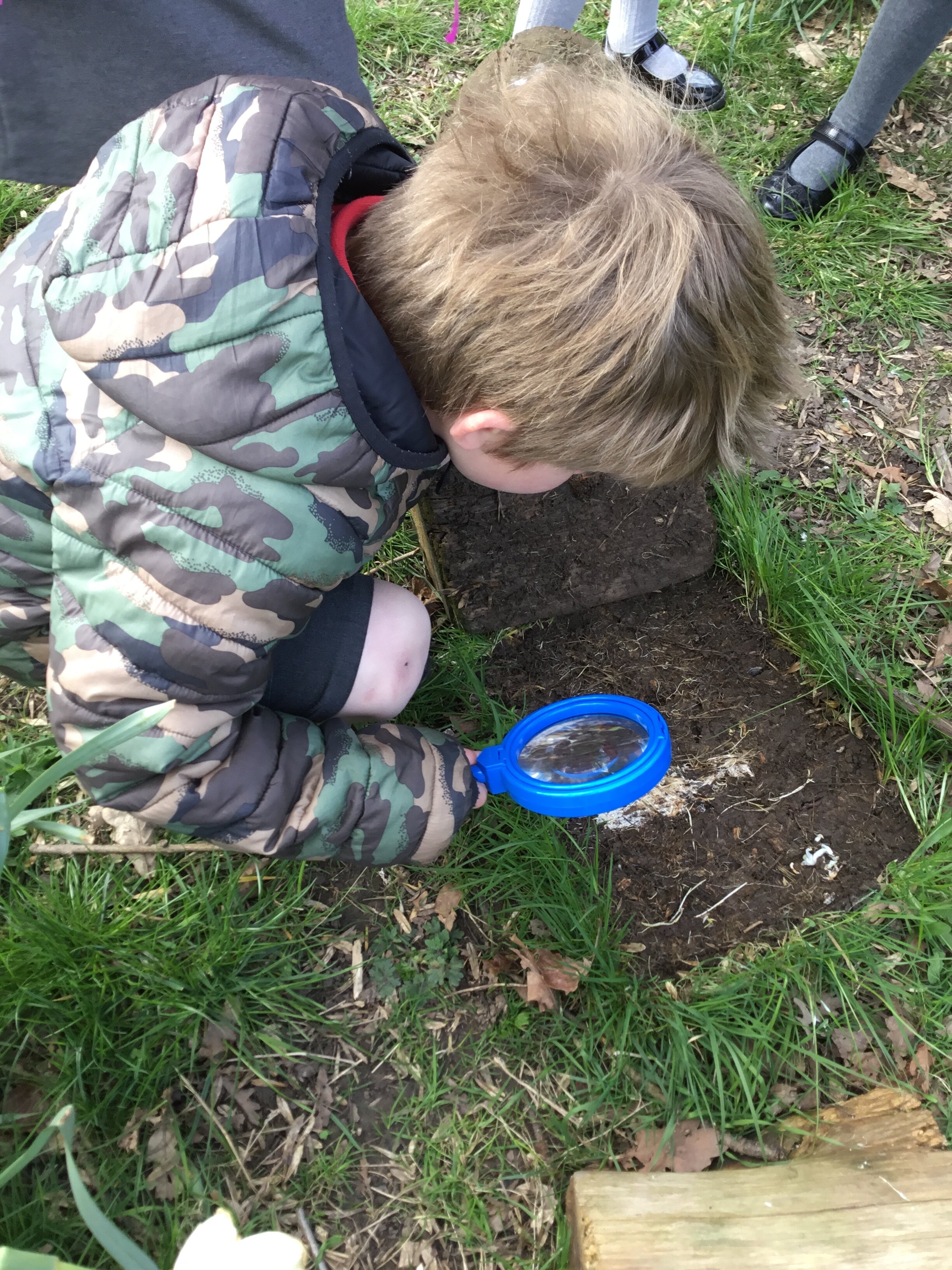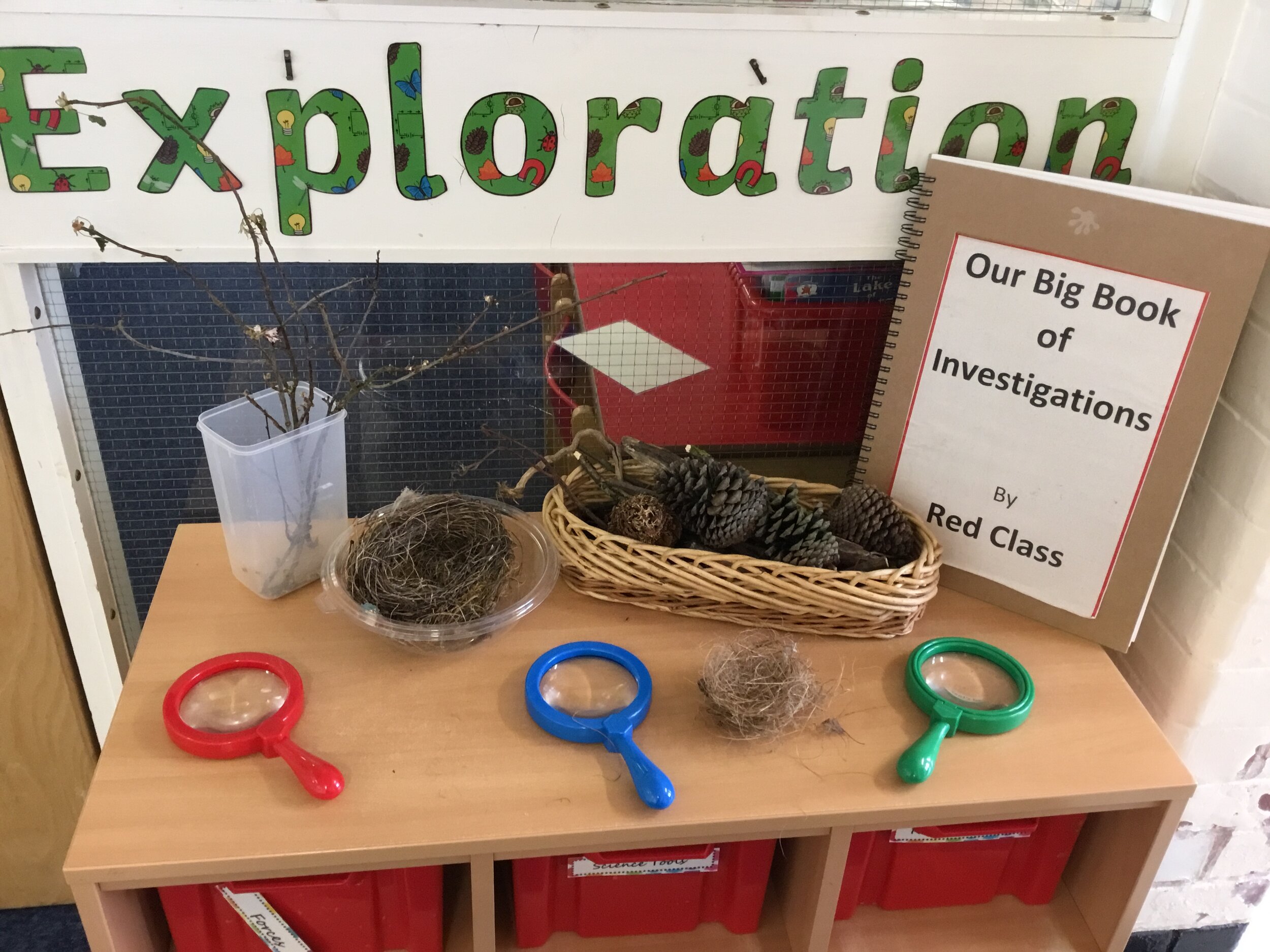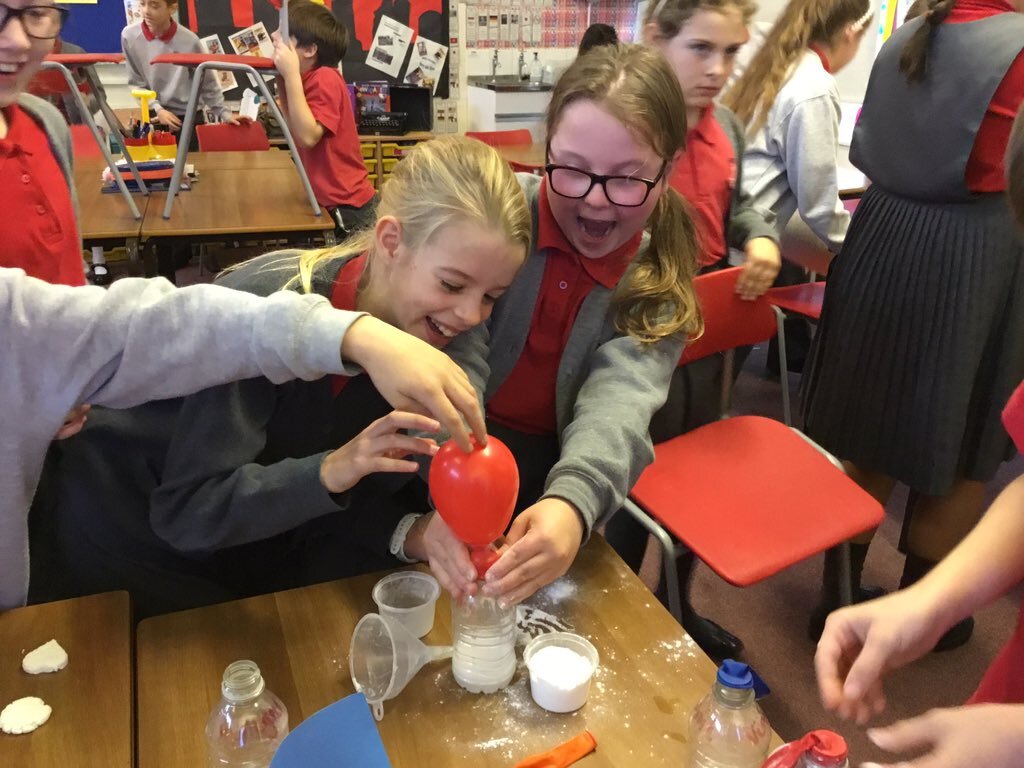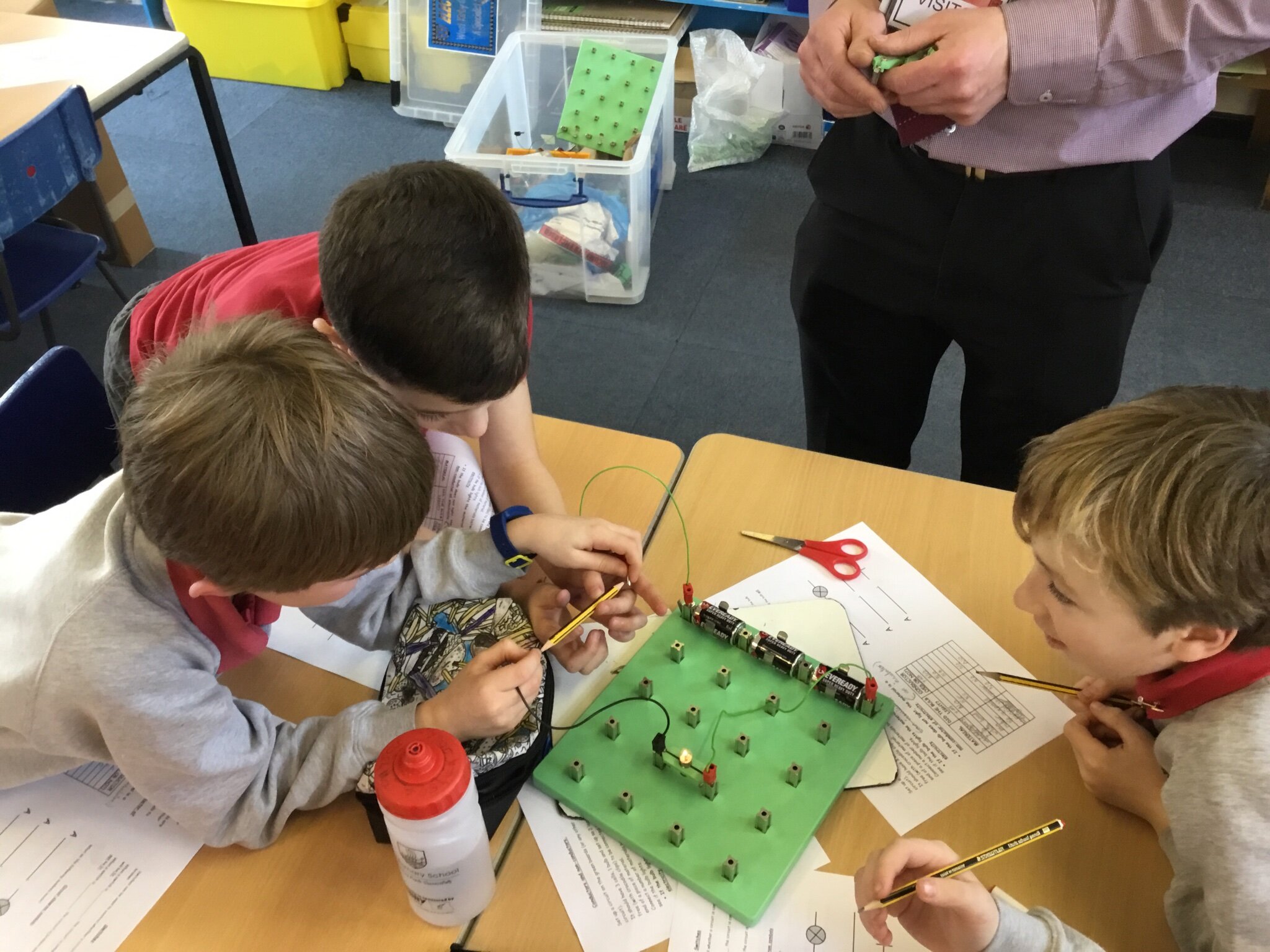Science at Irby Primary
Our Science Vision
Intent It is our vision to distil a lifelong love of science within our pupils. Science has changed our lives and is vital to the world’s future prosperity. We work hard to provide a rich and varied curriculum to challenge and meet the needs of our children. We believe all pupils should be taught essential aspects of the knowledge, methods, processes and uses of science. From EYFS up to KS2 our pupils will build up a body of key foundational knowledge and concepts, pupils are encouraged to recognise the power of rational explanation and develop a sense of excitement and curiosity about natural phenomena. We provide our children with wider opportunities in science and make links to other subjects. Teachers plan and challenge pupils based on the progressive curriculum maps, unique to our school and our needs. We monitor our schools progress in science regularly in line with our science policy.
Implementation We maintain a high level of subject knowledge of science in our school through training and professional development. Teachers use assessment for learning to tailor lessons around our children and help us plan for next steps. In our school we strongly encourage all pupils to use specific topic related vocabulary. Through effective teaching of science, we develop children’s knowledge and key skills during each topic. With effective subject management we are a well-equipped and resourced school. Regular monitoring shows that our children understand and apply key scientific principles within their work. Children are provided with regular opportunities to develop strategies for questioning and thinking. In our school we have a rigorous monitoring process which is kept up to date and works towards our school improvement plan.
Impact Children enjoy and are enthusiastic about science in our school. There is a clear progression of children’s work and teachers’ expectations in our school. Children’s work shows a range of topics and evidence of the curriculum coverage for all science topics. Children are becoming increasingly independent in science, selecting their own tools and materials, completing pupil lead investigations and choosing their own strategies for recording. Feedback from teachers has impact on our pupils, often with next step questions to push learning on. Standards in science at the end of the key stages are good and issues arising are addressed effectively in school. Teachers’ judgements are moderated internally and externally at Science cluster meetings. Our SLT and governors are kept up to date with developments in the way science is run in our school with subject reports, action plans and review meetings.
British Science Week 2021
The theme for 2019 British Science Week was '‘Innovating for the future’', encouraging the children to think about the different scientific inventions and innovations that happen every day and how they can discover science through their own lives and experiences. It was also a chance for the children to consider how innovations can help us experience more of the world around us.
Each year group planned experiments and investigations on this theme using the British Science Week resource packs. Themes such as space exploration, the environment and animal & plant life were explored during the week.
To coincide with British Science Week, this term's Big Read focused on What We'll Build: Plans For Our Together Future by Oliver Jeffers.
We also looked at different Scientists throughout the week. Our aim is to continue to raise the profile of significant scientists that are not included in the traditional text books and encyclopedias: the so called ‘hidden figures’.
Whole school display celebrating British Science Week 2021

Our Science vision in action

Outdoor Science

Going on a bug hunt

Investigating parts of the flower

Fair testing

Sorting and classifying

Interactive displays









